
This year on Tuesday, November 6, 2018, midterm elections will take place, all 435 seats in the United States House of Representatives and 34 of the 100 seats in the United States Senate will be contested. 39 state and territorial Governorships and numerous other state and local elections will also be open to all comers. In 2020 on Tuesday, November 3 all 435 seats in the house will again be up for grabs, 33 of the remaining 67 Senate seats that were not up for grabs in 2018 will be, 13 Governorships will be on the ballot, and the grand prize, election of the President of the United States, will all be determined by what the numbers add up too. As important as the election numbers in 2018 and 2020 are, they don’t near equal the final impact on the future security, wealth, power, and health of America that another set of numbers will have. And for America’s sake, they must be accurate!

liveslow via Getty Images
The most important numbers in 2020, the numbers that will have lasting impact are the United States Census numbers. Article I, Section 2 of the United States Constitution mandates a census be conducted every ten years to determine the population of each state and of the nation as a whole. The data collected by the United States Department of Commerce’s Bureau of the Census, determines the number of seats each state has in the U.S. House of Representatives (a process called apportionment) and is also used to determine how more than $600 billion of federal funding each year is spent on programs, infrastructure, and services to local communities.
Businesses use Census Bureau information every day to make critical decisions that rely on an understanding of the demographic and economic trends that influence their markets. For instance, if you walk into a Target store in Atlanta, Georgia, the items on the shelves are different from what is in a Target store in downtown Seattle, Washington. Target makes these decisions in large part using government data. An entrepreneur deciding whether to expand their business to a new city will use the data to study the potential customer and employee base. Businesses use official government statistics to benchmark wages, forecast consumer demand, and monitor consumer spending patterns.
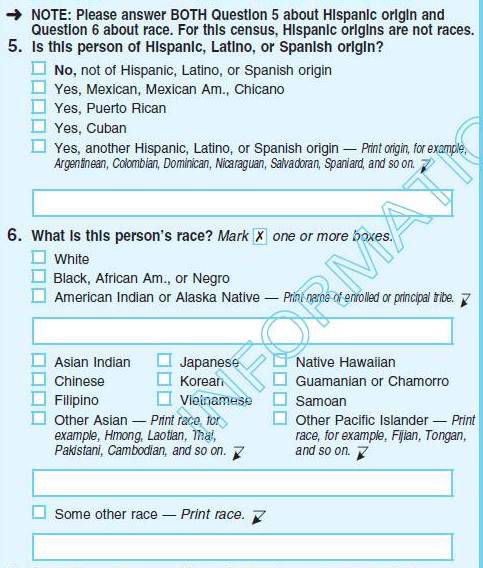
Question from 2010 Census form
Census data is the key metric for public-policy purposes. The data is used to determine a wide range of federal appropriations to local communities. Examples of the needed services the federal appropriations fund is children’s health insurance, unemployment insurance, school meals for America’s neediest kids, matching funds for road and bridge improvements, and airport maintenance and security upgrades.
There are 3 toxic threats to the 2020 census, all are a result of the partisan politics plaguing our American democracy:
Leadership vacuum at Bureau of the Census
Currently, the top two leadership positions at the Bureau of the Census, the Director and Deputy Director are vacant. President Trump set off alarm bells when he announced his pick for Deputy Director, a position that does not require Senate confirmation. The Deputy Director has historically been a nonpartisan career civil servant who runs the bureau’s daily operations and is a key voice in census decisions. President Trump’s pick Thomas Brunell, a professor of political science at the University of Texas at Dallas is a registered Republican. His 2008 book, Redistricting and Representation: Why Competitive Elections Are Bad for America, argued that extreme partisan gerrymandering should be the norm because, he claimed, ultra-safe blue or red districts offered better representation for voters than competitive ones. Fortunately, President Trump decided to withdraw Brunell from consideration but it still leaves the Census Bureau without strong non-partisan leadership to guide the census process.
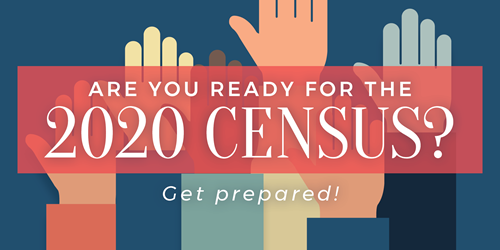
Under funding the budget and administrative cost of 2020 census
Congress has regularly given the Census Bureau less money than it said was needed — $200 million less through fiscal 2017 — forcing officials to slow or eliminate programs. To save money the Bureau has canceled dry runs of the completed census process in Washington State and West Virginia that would have documented its performance in rural areas with spotty internet service and Indian reservations that do not use standard addresses. It has abandoned plans for smartphone canvasses in group living quarters like college dorms and prisons, and scaled back it’s culling of information from federal databases.
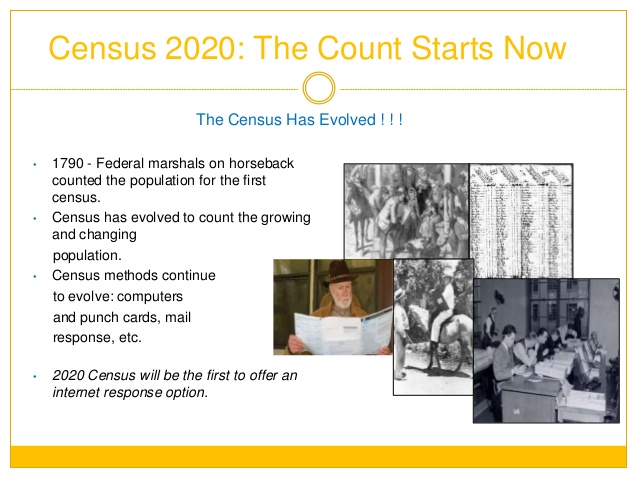
Adding a never asked before question to the census
The Bureau of Census says it will make a decision on a request from the Justice Department to add a question to the 2020 census. The question they want to be added is the citizenship status of all people counted. Non-citizens who cannot vote are counted for the purposes of distributing federal funding, apportioning congressional seats and drawing district maps for state and local elections. As the Washington Post reports a majority of America’s undocumented immigrants live in 20 metropolitan areas. According to a 2014 Pew Research Center study of Census Bureau data, they number about 1 million in the New York and Los Angeles areas, 575,000 in Houston and 475,000 in Dallas. That makes urban leaders, mostly Democrats, alarmed by the possibility of the citizenship question — primarily because census data helps guide the distribution of more than $675 billion a year in federal funding. “The Justice Department’s proposal to request citizenship status as part of the census is extremely damaging to the ability to secure an accurate count,” Houston Mayor Sylvester Turner said in a statement to The Washington Post. That same sentiment was expressed by the United States Conference of Mayors in a letter to Commerce Secretary Wilbur Ross.

All people living in United States should be counted whether they are a citizen, dreamer or undocumented immigrant
The census forms that are targeted to all households have not included questions about citizenship or country of birth since 1950. Four former census directors warned in a 2015 legal filing that adding a question about citizenship for all households would undermine the accuracy of the count. “The sum effect would be bad census data,” they wrote of the idea. “And any effort to correct for the data would be futile.” In testing for the 2020 Census, immigrant communities have expressed a heightened reluctance to answer the coming questionnaire, even without any mention of a citizenship question.
Census researchers found that respondents in 2017 technology tests spontaneously brought up concerns about confidentiality and privacy at alarmingly high rates. In one test in the Washington area, four out of 15 people interviewed provided incomplete or inaccurate information because of those concerns, including several who mentioned fears that the data could be used by the government against immigrants. “This frightened me, given how the situation is now,” said one Spanish-speaking respondent, when asked to explain why she did not report three of the four roomers living in her residence. Immigrants don’t know and don’t believe that the federal government is barred by law from using raw, individualized census data for law enforcement.
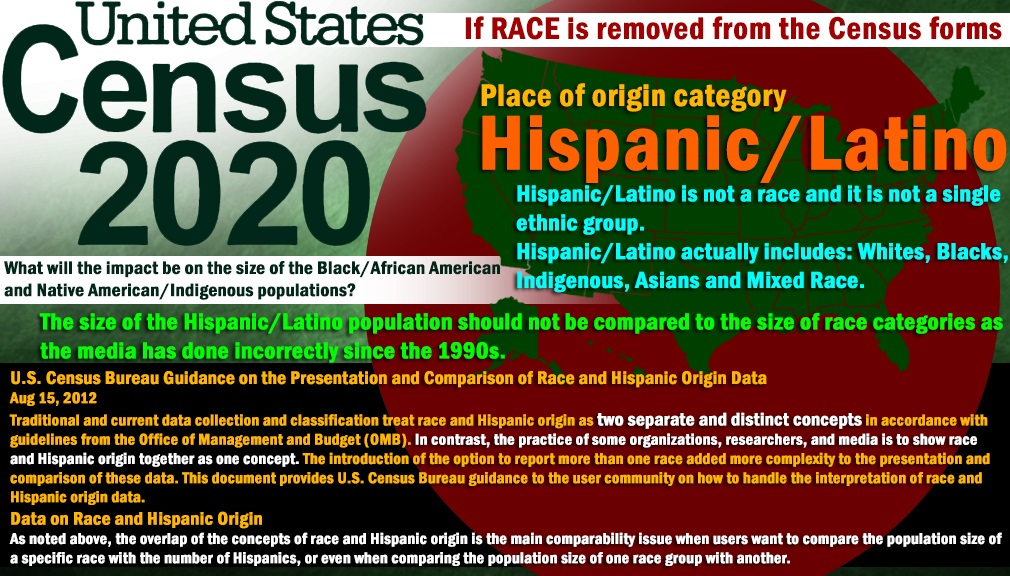
Republicans playing partisan demographic change politics with the census could end up shooting themselves in the foot. For instance, Alabama a solid red state whose 7 congressional seats are held by 6 white Republicans and 1 black Democrat, where an estimated 65,000 undocumented residents lived in 2014, is threatened with losing one of its seven congressional seats by a margin of no more than 10,000 total people after the 2020 count. This would be due mainly to under counting or not counting at all those 65,000 undocumented immigrants. Because of the Voting Rights Act, the state’s lone majority-minority Democratic-held district is probably going to remain in place, meaning one of its majority-white Republican districts would have to go.
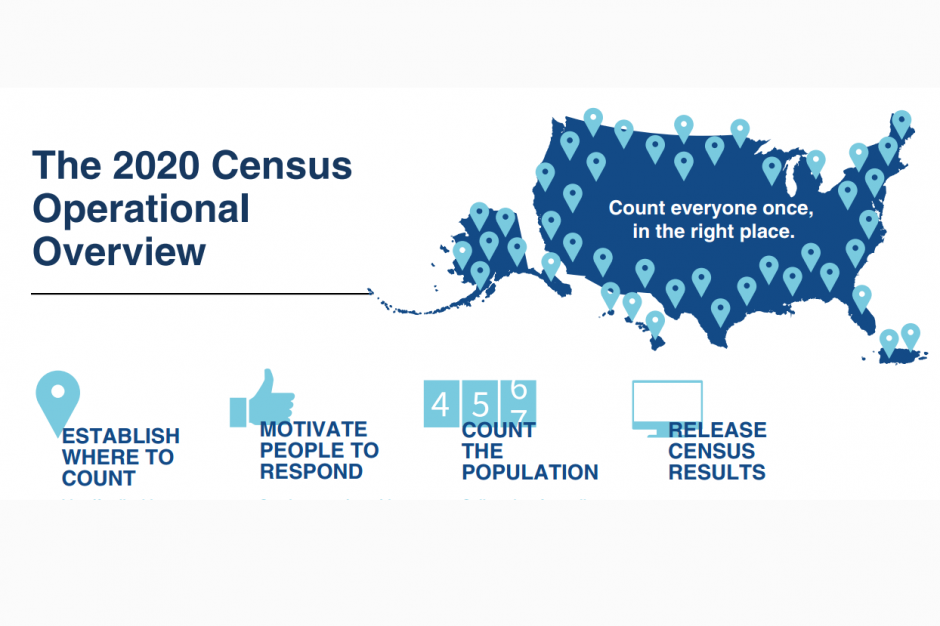
Accurately counting several hundred million Americans and millions of dreamers and undocumented immigrants is a massive undertaking, but the results and numbers will instruct us on how to secure, manage and pay for the American way of life. No doubt about it the numbers of the 2020 Presidential election affect us all, but the numbers more important to Americans, the numbers that will shape the 3rd decade of the 21st century are the numbers of the 2020 Census. It’s non-political, non-race, non-religious, non-sexual and non-cultural bias combined with NUMERICAL ACCURACY, is a must for true American democracy.



